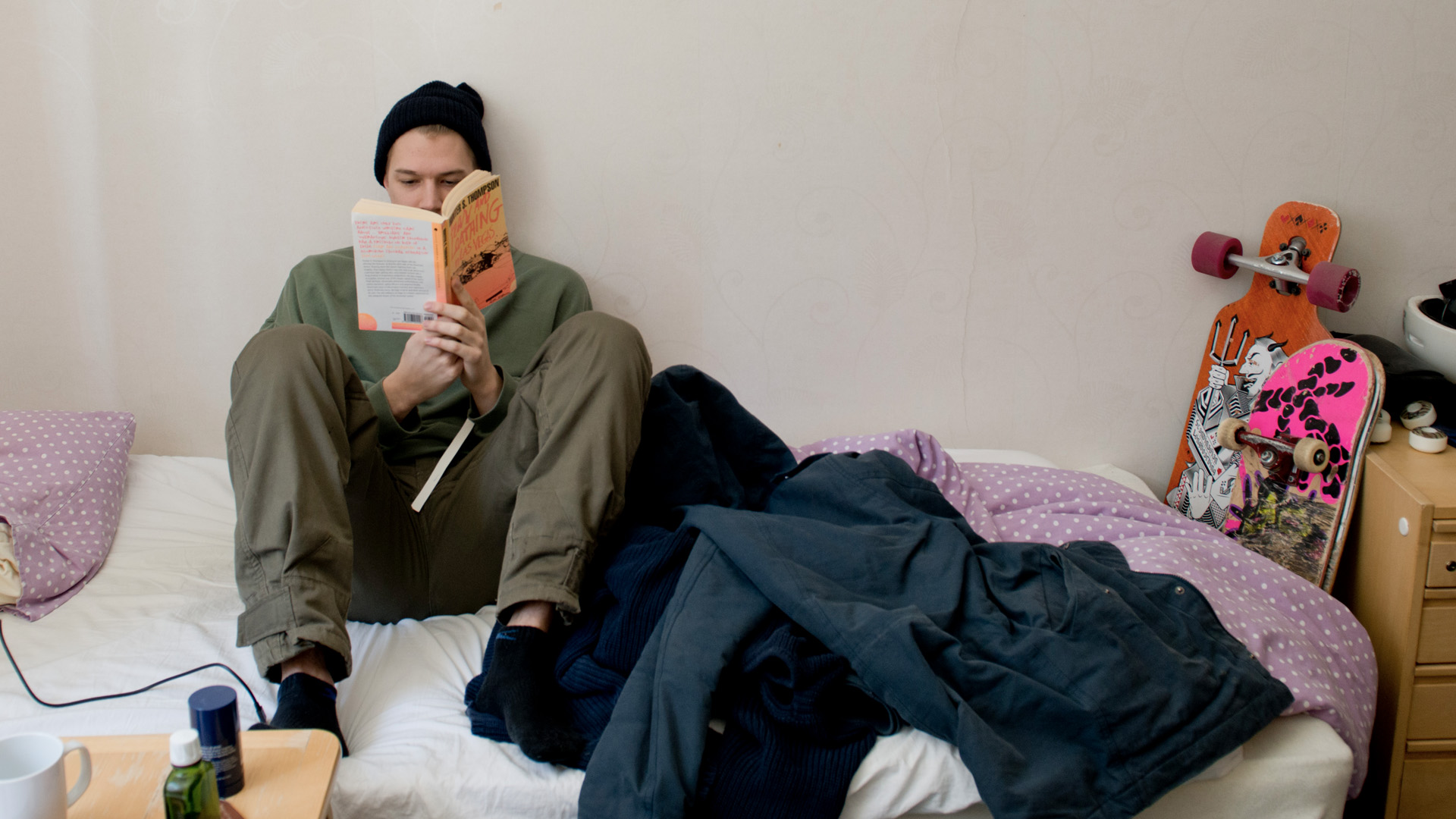Estimated reading time: 6 minutes
Folk High Schools are a unique and transformative educational movement rooted in the values of personal growth, community engagement and the joy of lifelong learning. Emerging in the 19th century and inspired by the visionary Danish educator N.F.S. Grundtvig, these schools empower individuals and nurture democratic societies. Unlike conventional education systems, Folk High Schools focus on holistic development, celebrating each learner’s journey without the pressure of grades or rigid career paths.
Grundtvig envisioned education as a tool for life — not just for exams or qualifications. He believed learning should be joyful, meaningful and intertwined with the realities of everyday existence. His vision emphasized discovering and celebrating each individual’s unique potential while fostering self-awareness, creativity and shared responsibility. Central to his philosophy was a dialogue-based approach, where educators and learners engage in mutual respect and reciprocal growth.
Grundtvig’s ideas arose during a period of social upheaval, as industrialization and democratization reshaped Europe. He saw education as a way to build resilient and inclusive communities, where critical thinking and collaboration could flourish.
The Folk High School philosophy is built on a deep commitment to nurturing the whole individual and fostering a sense of purpose and connection. These schools go beyond traditional models of education, emphasizing personal growth, collaboration and the joy of learning. At their heart lies a belief in the transformative power of education to shape not just individuals, but also communities and societies.
Folk High Schools prioritize the intellectual, emotional and social growth of the whole person. The aim is to help learners understand themselves and their roles in the world while fostering empathy and purpose.
Learning is viewed as a shared experience, where trust, collaboration and mutual understanding create a sense of belonging. Folk High Schools often become a second home for learners, fostering deep connections.

Swedish folk high schools call their learners participants (deltagare) to highlight their active, egalitarian role in education. This term reflects the schools’ focus on collaboration, equality and engagement, contrasting with the more passive connotations of “student.”
Daily practices — such as joint decision-making, peer-led activities and open dialogue — foster a non-hierarchical atmosphere. Open to learners of all ages and backgrounds, this inclusive model supports lifelong learning and personal growth, setting folk high schools apart from traditional education.

Not all folk high schools in the Nordic countries are boarding schools, but many offer residential options as part of their educational philosophy. In Denmark and Norway, most folk high schools emphasize communal living as a cornerstone of their approach, often operating as boarding schools. Sweden and Finland offer a mix of residential and non-residential options, with some schools catering to local students who commute. The focus on communal living reflects the schools’ commitment to holistic education and democratic values. Shared living fosters continuous dialogue, collaboration, and community building, which are essential to their mission of nurturing personal growth and active participation in society.

Folk High Schools have taken root in each of the Nordic countries, adapting their foundational principles to meet the distinct cultural, historical and societal contexts of each nation. While the shared values of inclusivity, personal growth and lifelong learning bind them together, the ways in which these schools operate and serve their communities reflect the unique needs and priorities of their societies.
The birthplace of Folk High Schools, Denmark emphasizes cultural heritage, democracy and personal development. Many Danish schools offer residential programs, fostering deep community bonds. Liberal arts and cultural themes dominate curricula, offering young adults a space to reflect and plan their futures.
Finnish Folk High Schools, or “kansanopistot,” cater to diverse learners with programs ranging from vocational training to personal enrichment. They provide pathways for career transitions and lifelong learning, blending practical and theoretical education to meet individual and societal needs.
In today’s fast-paced and fragmented world, Folk High Schools offer a haven for connection and reflection. They counter the pressures of competition and individualism by emphasizing solidarity, self-discovery and shared purpose.
For individuals excluded by traditional education systems, Folk High Schools provide a welcoming path to empowerment. They create safe spaces where learners can rediscover their potential, gain confidence and explore new possibilities. For others, they offer a pause to reconnect with what truly matters — through creative expression, critical thinking or new perspectives.
Folk High Schools foster active citizenship by equipping learners with tools to navigate societal challenges and engage meaningfully with their communities. These schools inspire hope and empower people to imagine and create a better future.
Folk High Schools face the challenge of remaining relevant in a rapidly changing world. Financial pressures, evolving societal needs and technological advancements require innovation. However, these challenges also present opportunities to expand through digital learning, international collaborations and creative community engagement.